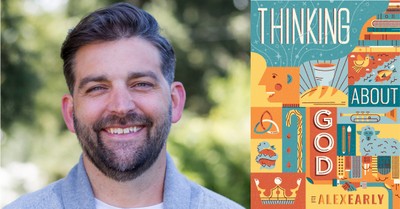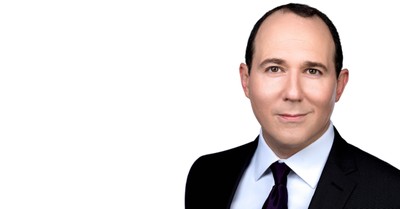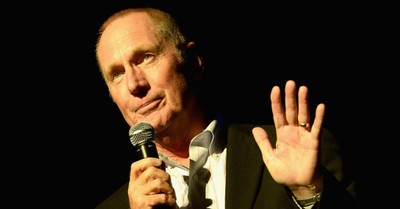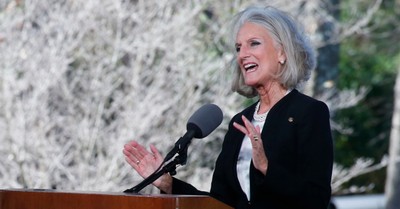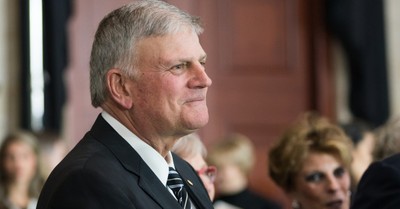
It’s Not About How Many Books You Read


Thinking About God teaches kids the basic doctrines of the Bible in easy-to-understand language.
Award-winning journalist Raymond Arroyo says America has "amnesia" about its history, and he's on a mission to help change that, one book at a time.
In his new book, minister and author Max Lucado opens up about his past use of alcohol, saying he once drank beer to "manage" stress instead of asking the elders for help with his jam-packed schedule.
While walking her dog one morning in 2019, author and Raised to Stay ministry founder Natalie Runion felt God calling her to write a book. At the time, Runion was disillusioned with the church and questioning if she should stay.
In her book Live Your Truth and Other Lies: Exposing Popular Deceptions That Make Us Anxious, Exhausted, and Self-Obsessed, apologist Alisa Childers breaks down widespread mantras of culture and their consequences. One of these is a misunderstanding of Jesus’ words so common that, for many, it may be the eleventh commandment that supplants the other ten: “You shouldn’t judge.”
Evangelist and author Anne Graham Lotz and her daughter Rachel-Ruth Lotz Wright have released a new book to help fellow Christians prepare for Jesus' imminent return.
Church history often gets overlooked in the children’s book genre, yet a new series is seeking to change that – beginning with a book on 20th-century hero Dietrich Bonhoeffer.
Evangelist Franklin Graham joined actor Kirk Cameron over the weekend at a stop at the Billy Graham Library in Charlotte, North Carolina on Cameron’s BRAVE Story Hour tour.
